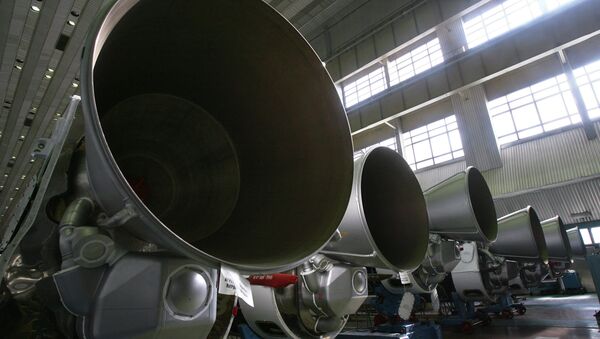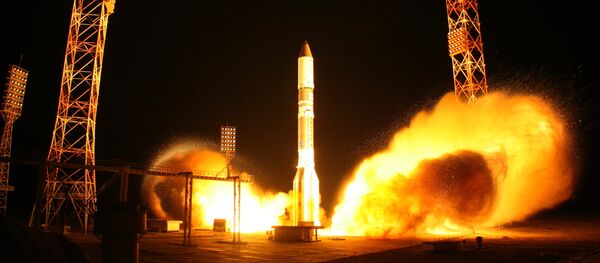The project also includes developing prototypes of new-generation liquid-fueled rocker engines equipped with diagnostics and protection systems as well as structural elements from composite materials.
"We plan to build a methane-powered engine prototype even though a rocket-carrier equipped with it is not in development so far. It would be a stepping stone for our future projects, and it would help us compete with foreign rivals. Currently, the plan is developing a medium-thrust engine for the second stage of a future rocket," a source close to the initiative told Russian newspaper Izvestia.
The initial plan was to install a methane-powered engine on the new Feniks rocket. However, later the budget was adjusted and the idea was abandoned in favor of restoring the Zenit project, equipped with a modernized RD-171 engine.
In Russia, research into methane propulsion was led by Chemical Automatics Design Bureau, based in the city of Voronezh, and began in 1995. It was established that the replacement of kerosene fuel with liquefied natural gas could produce a higher specific impulse, one of the key characteristic of a rocket engine. What is more, methane was estimated to cost up to 30 times less than kerosene.
In addition, the development of a methane-powered propulsion system would not require any new major infrastructure or newly qualified personnel.
Finally, liquid methane and its combustion products would be environmentally safer.



